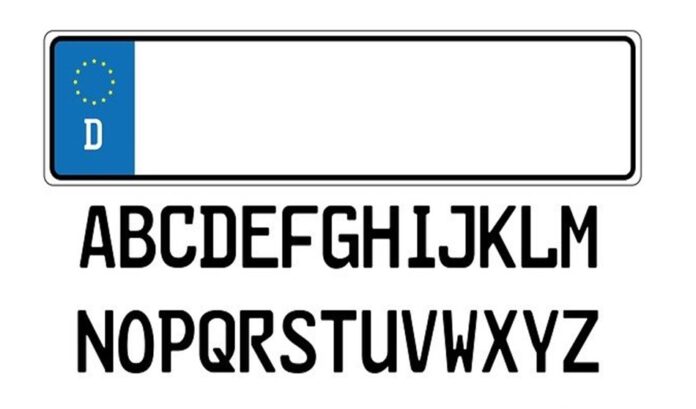International commercial terms, usually abbreviated as “incoterms”, play a significant function in the global shipping industry. The ICC (International Chamber of Commerce) defined a set of 11 acronyms at every 9-year interval. The need for these terms came into recognition decades ago when globalization was growing in the world. When people of different countries who speak diverse languages and work under a defined form of government come together for business, the communication gap is likely to arise. And any misleading deal can cost enormous losses to both the parties involved. Therefore, ICC brings in incoterms 2020, the latest edition of this series, to give a common ground of reference to all.
Traders must have an in-depth understanding of all the meanings and usage of the incoterms 2020 to create cost-effective export deals. But having said that, it is not always possible to go through news articles or official websites to read about these terms. Therefore, to gain easy and direct access, one can read shipping blogs. Click here https://www.cogoport.com/blogs/incoterms-2020 to get the encapsulated form of all the necessary information regarding incoterms.
Searching for appropriate incoterms, without knowing the meaning of any of them accurately, is not fruitful!
List of Top 10 Incoterms 2020 With Meaning
There 11 incoterms 2020, out of which seven explain the rules for transportation, while four explain the payments. One must know each one of them, to begin the trading process.
FCA: Free Carrier
This incoterm explains the seller’s role in delivering the goods to the place or person nominated by the buyer. The importer must specify the address of the delivery point explicitly to avoid any chances of wrong delivery.
EXW: Ex- Warehouse or Ex-Works
EXW instructs the exporter to deliver the goods at the premises specified by the seller, for instance, his warehouse, factory, dockyard, etc. In this type of shipments, the party exporting the freight does not need to bother about loading the cargo in a vehicle.
FOB: Free On-Board
FOB means the exporter is responsible only for delivering the freight to the port or the shipping vessel nominated by the importer. Once the goods are on-board, the buyer becomes liable for the risks associated with the freight shipment. If any loss or damage incurs along the way, the importer has to bear its costs and take responsibility.
FAS: Free Alongside Ship
Just like FOB, FAS also reduces the responsibility of the exporter. It means that the seller is responsible only for delivering the goods alongside the vessel mentioned by the buyer. However, unlike FOB, the exporter does not need to worry about loading the goods. The importer looks after the shipment once the cargo has reached the defined barge or quay.
CIF: Cost, Insurance, Freight
CIF in incoterms 2020 specifies the seller’s obligation of paying the cost and freight of the freight shipment. He pays for shipping charges and buys minimum insurance to cover on behalf of the buyer. All these arrangements fall under the responsibilities of the seller once he agrees to the same.
CFR: Cost and Freight
CFR prescribes that the seller has to pay for the cost and freight of shipping the goods to the importer’s place. Although the risk of loss and theft passes on the buyer once the goods are on-board, he does not pay for the freight shipment. However, if the buyer wants to take an insurance cover, he has to pay for it.
CIP: Cost and Insurance Paid To
CIP in incoterms 2020 specifies that the exporter has to pay for carriage and insurance of the goods after delivering it to the freight carrier. The carrier is of the buyer’s preference. However, the importer has no authority to demand a comprehensive insurance plan in this case. The buyer can buy minimum coverage.
CPT: Carriage Paid To
This one is the same as CIP in the incoterms 2020. The seller needs to pay carriage and deliver the goods at the defined location. However, he is not responsible for paying the freight insurance in this case.
DPU: Delivered at Place Unloaded
DPU has replaced the previous incoterm DAT (Deliver At Terminal) in incoterms 2020. In this case, the seller is responsible for bearing all costs and delivering the goods at the buyer’s disposal. He has to pay for the charges associated with unloading the cargo at the spot of delivery.
DAP: Delivered At Place
DAP is similar to DPU, but the only difference is that here the seller does not need to look after the unloading process. He is only responsible for the safe shipment of the cargo to the defined place. The costs and risks of the same fall on his shoulders until the goods are ready for unloading.
Traders must remember the meaning of all these incoterms 2020 to make impressive export quotations and shipping contracts. A brief yet clear explanation of everything that one relates to the business can be highly effective. So keep reading shipping blogs to gather information about everything concerning the trade business!


